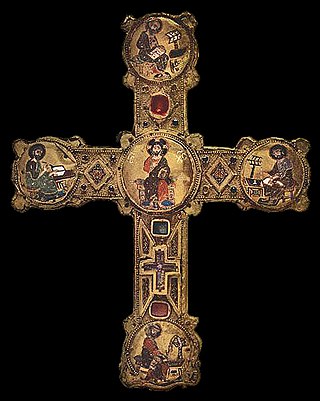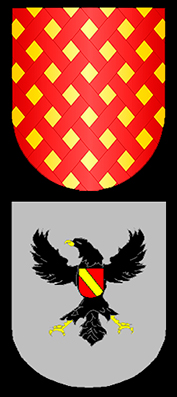Masso is a surname. Notable people with the surname include:
The name Romero is a nickname type of surname for a Roman or an Italian. The name was originally derived from the Latin word Romaeus and the Greek word Romaios, which mean Roman.
Méndez is a common Spanish surname, originally a patronymic, meaning Son of Mendo, Menendo, or Mem. A longer form sharing the same root is Menéndez, while the Portuguese form is Mendes. Méndez may refer to:
Pérez, or Perez as most commonly written in English, is a Castilian Spanish surname. Perez is also common in people of Sephardic Jewish descent and is the 4th most common surname in Israel, most common surname not of Hebrew origin and most common surname exclusive to a single Jewish ethnic division.
Morales is a Spanish surname. Notable people with the surname include:
Molina is a Spanish occupational surname. Molina is Latin for 'mill' and is derived from another Latin word, mola ('millstone'). The surname originated from the early Middle Ages, referring to a person who operates a mill or a millstone. Other Spanish surnames, like Molinero, have also originated in the work and management of a mill. Spanish municipalities like Molina de Segura (Murcia) or Molina de Aragón still nowadays include millstones or mill blades in their respective coats of arms.
Acosta is a Spanish and Portuguese surname. Originally it was used to refer to a person who lived by the seashore or was from the mountains (encostas). It comes from the Portuguese da Costa, which in Spanish became de Acosta; the exact Spanish counterpart of da Costa is "de la Costa". Notable people with the surname include:
Calderón is a Spanish and Sefardi occupational surname. It is derived from the Vulgar Latin "caldaria" ("cauldron") and refers to the occupation of tinker.
Enrique is the Spanish variant of the given name Heinrich of Germanic origin.
Rodríguez is a Spanish patronymic and a common surname in Spain, Latin America. Its Portuguese equivalent is Rodrigues.

Cruz is a surname of Iberian origin, first found in Castile, Spain, but later spread throughout the territories of the former Spanish and Portuguese Empires. In Spanish and Portuguese, the word means "cross", either the Christian cross or the figure of transecting lines or ways. For example, in the Philippines, the adopted Tagalog word is rendered to "krus" in plain usage, but the Spanish spelling survives as a surname.
Torres is a surname in the Portuguese and Spanish languages, meaning "Towers".

Ayala is a toponymic surname, originally de Ayala, deriving from the town of Ayala/Aiara in the province of Álava, in the Basque Country, northern Spain.
Rivero is a surname. Notable people with the surname include:

Sosa is a Spanish surname of Portuguese and Galician origin, originating from the Portuguese Sousa. The Sousa Family is of noble and Visigoth origin. Portuguese people brought the Sousa surname to Galicia, and from there it spread in the former Spanish colonies. Sometimes, both variants are used to refer to the same person or family in old texts.
Germán is a male given name in Spanish speaking countries. It is a cognate to French Germain, and is a variant of Latin Germanus.
Blanco is a surname of Spanish origin, meaning "white". Notable people with the surname include:
Fuentes is a Spanish language surname meaning "fountains." Notable people with the surname include:

Cepeda is a Spanish surname dating back to the 12th century. Notable people with the surname include:

Correa is a Spanish surname of Galician origin. Correa is found throughout the Iberian Peninsula. Correa means 'leather strap', 'belt', 'rein', 'shoelace', plural correas. Correa is from the Latin corrigia 'fastening', from corrigere 'to straighten', 'to correct'), applied as a metonymic occupational name for a maker or seller of such articles. Correa is spelt Correia in Portuguese and Galician.

López is a surname of Spanish origin. It was originally a patronymic, meaning "Son of Lope", Lope itself being a Spanish given name deriving from Latin lupus, meaning "wolf". Its Portuguese and Galician equivalent is Lopes, its Italian equivalent is Lupo, its French equivalent is Loup, its Romanian equivalent is Lupu or Lupescu and its Catalan and Valencian equivalent is Llopis.